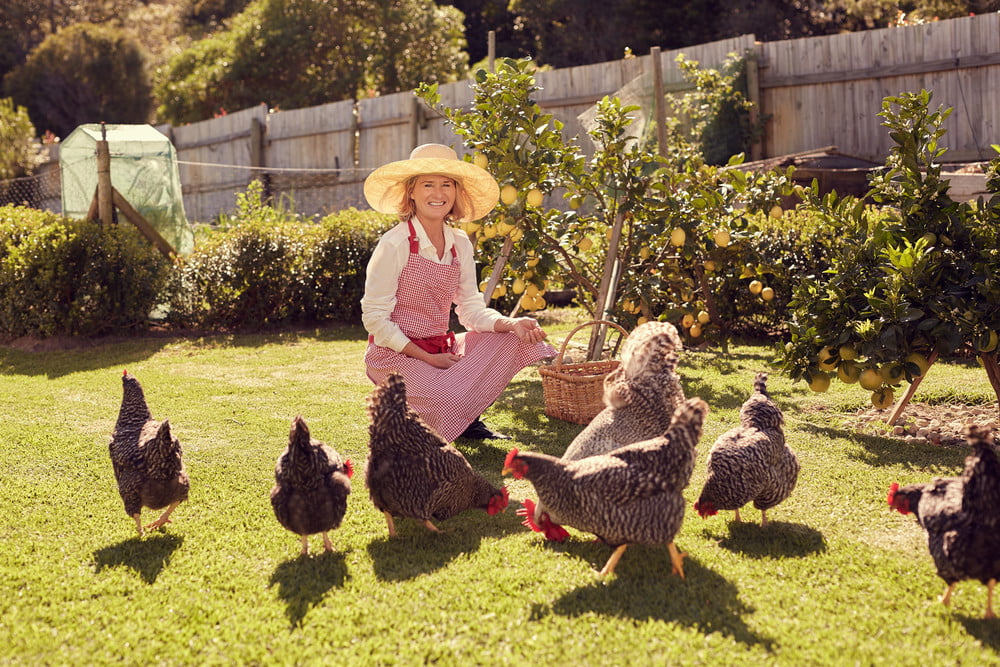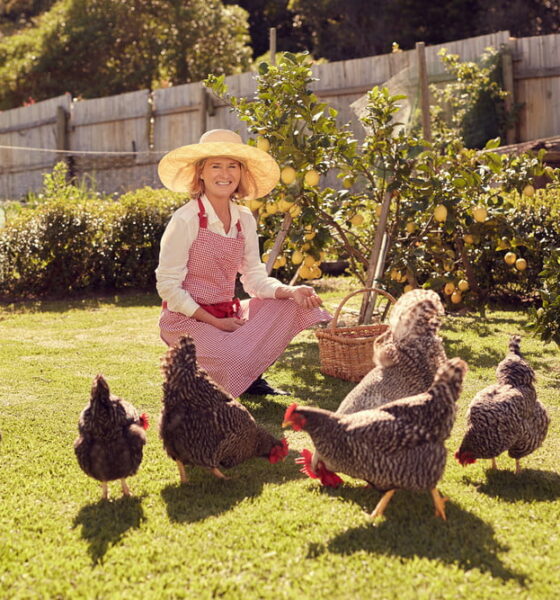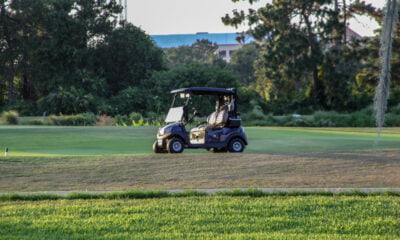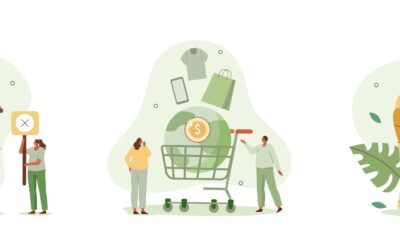There are many factors that you need to take into consideration when you are striving to live an eco-friendly lifestyle. One thing to consider is the benefits of food independence.
The benefits of producing your own food for the environment are numerous:
- A large part of the global carbon footprint is caused by transporting food. Food that is transported by air is especially bad for the environment, since it produces 50 times as much CO2 as food transported by boat.
- Global warming is starting to disrupt the global food supply. You may need to produce your own food to feed your family in the future.
- You can use more environmentally friendly food production processes than most factory farms use. Companies like Monsanto use a lot of pesticides and herbicides, as well as unnatural hormones that are bad animals, plants and the surrounding environment.
- You can grow food that leaves a smaller carbon footprint.
The last factor is the one that eco-friendly home farmers need to think about. You need to decide which foods to produce if you want to lower your carbon footprint.
What foods should you produce? Should chickens be on your list?
Should Sustainable Consumers Grow their Own Chickens?
You have to be careful about what you eat if you want to be healthy and strong. Chickens and their eggs are a marvelous source of protein and nutrition and that is why people around the world choose to eat them. Healthy food is very important, especially nowadays when people’s diets consist of more saturated fat, trans fats, sugars, and more sodium than fruits, vegetables, and dietary fiber.
However, buying food that is supposed to be healthy is not enough. You need to make sure that the food you are eating is not contaminated. This is why it’s sometimes best that you grow your own food. Like in the “good old times”!
When Did We Start Raising Chickens?
Almost any creature on the face of Earth that likes eating meat, humans included, also likes to eat chickens. Hawks, eagles, and other predatory birds all attack and kill chickens. The same goes for almost all four-legged animals such as coyotes, foxes, weasels, wildcats, and others. And it’s not all about meat. We all like eating eggs too. And people have been eating eggs since… well, since we discovered them in the wild (about six million years ago). This is why we started to keep chickens about 8,000 years ago.
By about 7,000 BC, people in China and India were already keeping and eating chickens and their eggs. That was the simplest and most logical thing to do so they didn’t have to go hunting in the wild. People in Europe and the rest of the world kept ducks and geese for their eggs up until about 800 BC when chicken eggs finally reached West Asia, Egypt, and Europe.
First Chickens Were Bred to Fight
An interesting fact is that humans didn’t raise their first chickens to eat them but to fight. Humans raised fowl for cockfights starting in Southeast Asia and China sometime over 10,000 years ago.
How to Start Raising Chickens?
Chickens require a decent amount of space to roam and prevent boredom. This is why you should start the adventure by clearing up enough space in your backyard. This task can sometimes be too difficult for just one person. We advise you to hire some help or call a couple of your friends to help you because you could hurt yourself in the process.
Most countries don’t have any special laws that would sanction anyone for keeping hens. However, it is courteous to ask your neighbors if they object. If you can’t recall seeing anyone else in your neighborhood who also keeps poultry make a call to your local Environmental Health Officer to be on the safe side. Some countries have strange laws, so you better check it out.
Why Should You Choose to Raise Chickens in Your Backyard?
It’s mainly because of your health. Eggs are very nutritious. They are loaded with vitamins, minerals, high-quality protein, good fats, and various other lesser-known nutrients.
One large egg contains Vitamin B12, Vitamin B2, Vitamin A, Vitamin B5, Selenium, and small amounts of almost every vitamin and mineral your body requires including calcium, iron, potassium, zinc, manganese, vitamin E, folate and many other essential minerals and vitamins
Your Backyard Chickens Will Give Organic Eggs
Organic production is unfortunately still a small fraction of agricultural sales and this is why it is extremely expensive to buy anything organic. The “domestic” hens lay organic eggs because they eat organic feed and do not receive hormones, vaccines, or antibiotics.
The land the hens live on must produce the feed and must be free from pesticides and fertilizers for at least three years. Recent research finds organic eggs to have more micronutrients than commercial eggs.
That research found that organic chicken eggs have three times more omega-3 fatty acids than conventional eggs. Those eggs also contained about 40% more vitamin A and twice as much vitamin E.
Chickens Give Much More than Eggs, However, there is a Cost for That
Chickens will control pests in your garden, fertilize the earthy with their manure and they can even become great pets for our and your children. However, there is a price which you should consider: money and time.
The Money
Depending on the size of the brood, the initial cost goes from a few hundred dollars to a few thousand dollars. They don’t eat much and can even feed off your lawn. Each chicken eats around 1.4 pounds of feed each week. If you keep a brood of six, for example, you will need nearly 40 pounds of feed every month. This, and a bale of hay, will cost you around $40.
But these hens will produce eggs. Each hen can lay an egg every day which means around two dozen eggs and four pounds of manure every month. If you sell those eggs for 5$ per dozen and the manure for $1 per pound, you get a profit of about $45 with your six hens.
Time
When raising hens, you need to create a sort of discipline like with any other task you have. Once you have adult hens, the time and effort usually break down to three things:
- You will need to invest about 15 to 30 minutes max in the morning to get the eggs, feed them, and give them water. If you decide to lock them up in the evening you should let them out in the morning.
- Every few days or once a week you should clean up the coop. If you use the “deep bedding method” this just means adding additional straw to the floor of the coop.
- You can invest the rest of the time to give the hens some treats and to bond with the birds.
How Much Room Do Chickens Need?
Birds need enough space to roam freely and prevent boredom. If you provide them with adequate space you keep them friendly and free of any unwanted stress. Most farmers recommend roughly two square feet within the coop and eight square feet in the outside per chicken. Free-range chickens need 250 to 300 square feet per bird.
A Pet is Good for Your Mental Health
We need companions in life and goals to fulfill. Without them, we are like a ship without a harbor, lost in the sea. Pets are great comforting companions. They keep us healthy and relieve us from stress. They are also creatures that need food, water, and a place to sleep – a shelter if you like. We need to build those shelters and provide all the necessary food and water. This fulfills us when we are feeling down. It helps us have that goal in life even when we feel like everything is lost. Pets that we keep are also a part of nature. And being in nature, or even viewing scenes of nature reduces anger, fear, and stress, and increases all those pleasant happy feelings.
Now imagine having pets that give breakfast for you and your family every single morning!
There Are Environmental Benefits of Growing Chickens
There are many things that you need to consider when living a sustainable lifestyle, such as what kind of food you should grow. Should you consider growing chickens? There are some clear benefits both for the environment and your family.
































